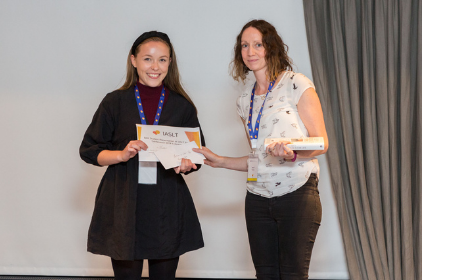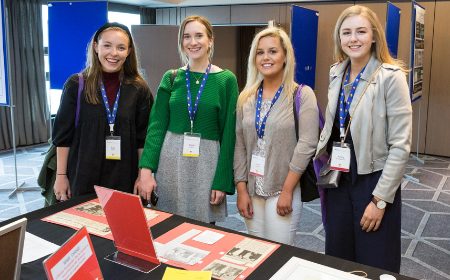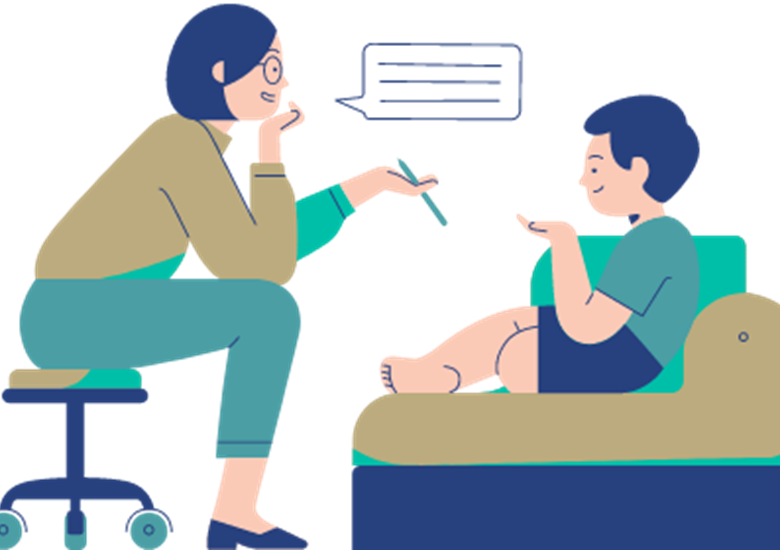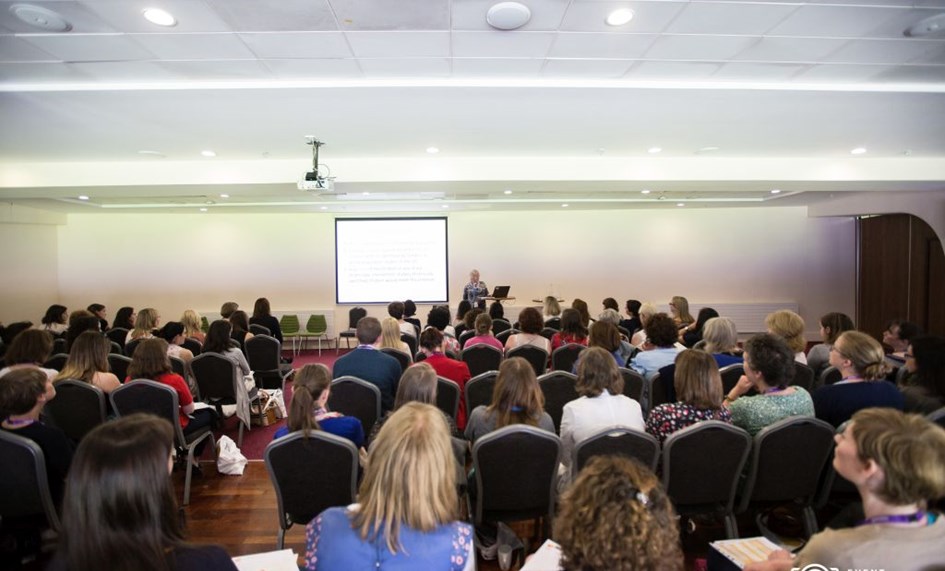Speech and language therapy is a dynamic and ever evolving career, which gives you the opportunity to make a real and meaningful difference to the lives of individuals, their families and communities. You will have the opportunity to join SLTs in Ireland and internationally in creating a better world for everyone, young and old who has, or may in the future have communication or swallowing needs.
The capacity to share our ideas, thoughts and feelings with another person is a basic human right. Successful communication is central to our happiness & participation in life.

Speech and language therapists (SLTS) must be registered by CORU the regulating body for health and social care professionals (HSCPs) in Ireland. SLTs assess, diagnose and provide a broad range of interventions and supports to people across the life span, with a variety of disorders and /or concerns regarding communication, voice, feeding, eating, drinking and swallowing (FEDS).
SLTs also have a broader societal role in advocating for and developing services for all those with communication and swallowing needs. Many SLTs are involved in research and advocacy as part of their clinical practice; their academic / teaching role or as a member of special interest group (SIG).
SLTs may work together with other professionals as part of multidisciplinary teams who share their insights and work together to support our service users.
SLTs are concerned not only with identifying and understanding all the differences and challenges that the person with communication or FEDS experiences; but also with identifying and understanding any barriers to successful communication and safe swallowing that may exist in that person's environment.
We listen to and collaborate with the best expert; our service user, and work together with the important people in their life: parents; partners; teachers; SNAs; care staff and others. When we all strive to play our part in making successful communication a reality, the person with communication needs can fulfil their social, educational, emotional and vocational potential.


